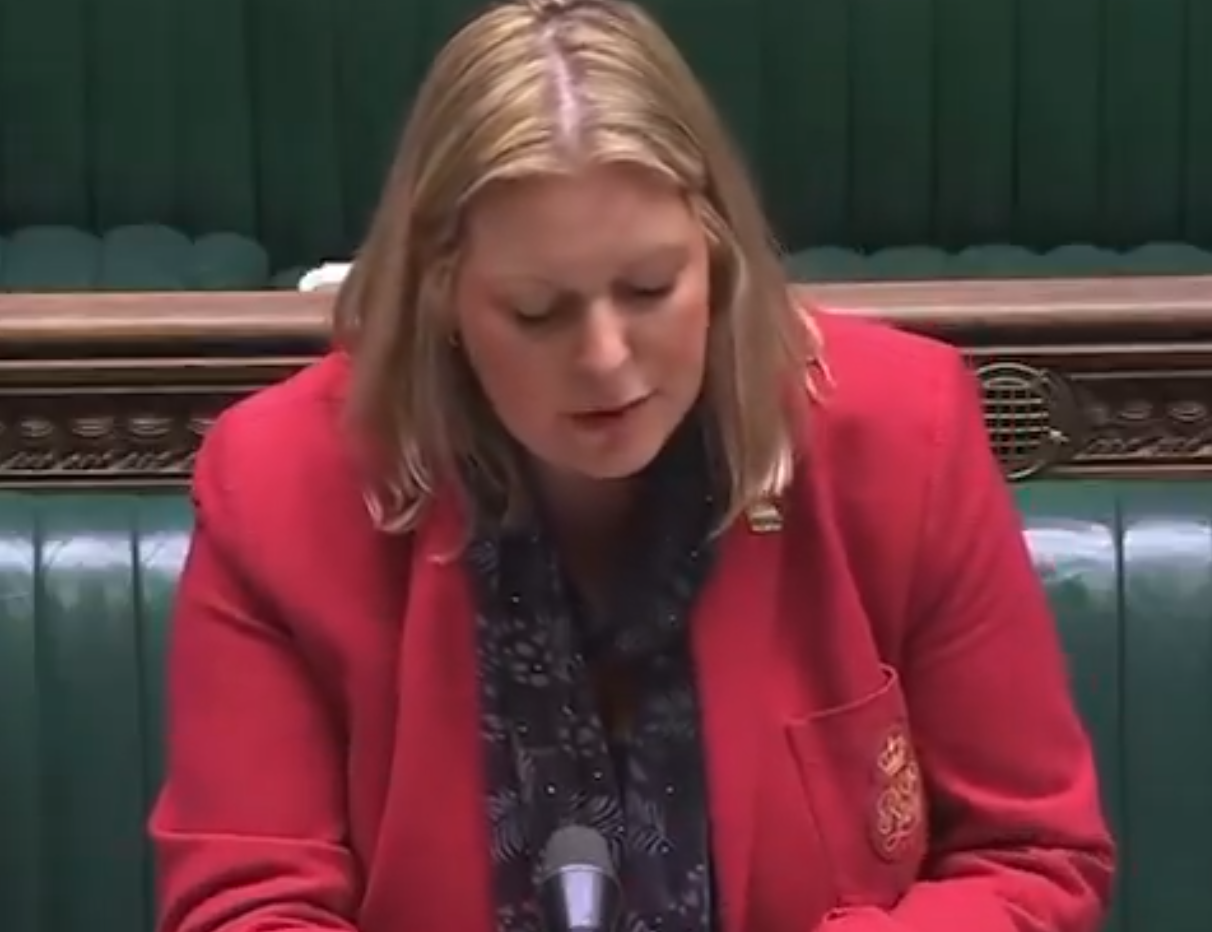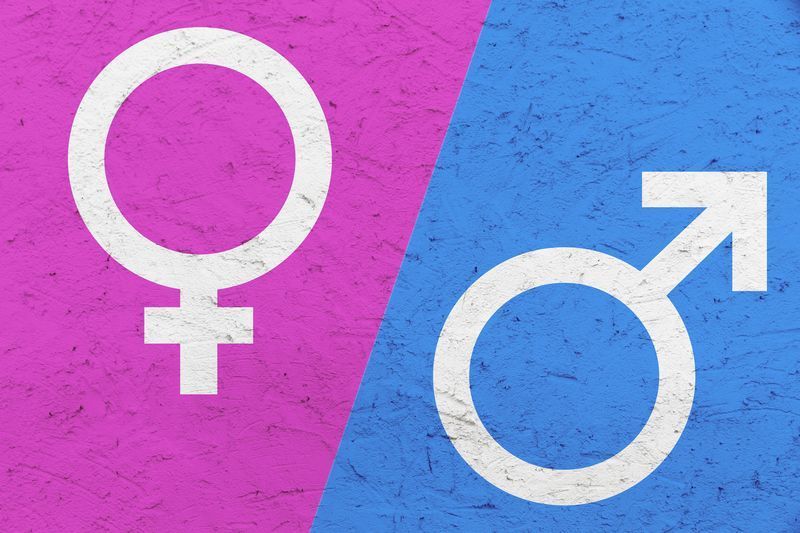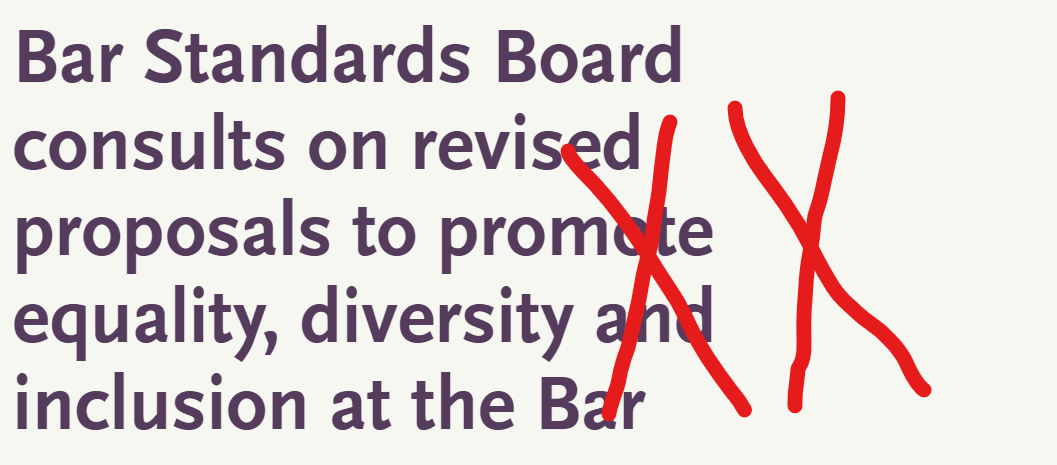We have written to the Lord Chancellor and Ministry of Justice asking for an urgent review

Caroline ffiske was a Conservative Councillor for Eight Years. Published on 18 June 2021.
Dear Lord Chancellor,
We are writing to you to express our concern over guidance provided by the Equal Treatment Bench Book, produced by the Judicial College, which provides guidance to the courts and judiciary across England and Wales.
We write to you in the light of two recent events. The first is the decision of the Ministry of Justice to leave the Stonewall Diversity Champions Scheme. It has been widely reported in the press that Stonewall appears to have, at times,
misrepresented the law to its clients. The second is the recent Court decision in the Maya Forstater case. This held that Gender Critical beliefs (including that sex is binary and immutable) are a protected characteristic. Those who hold and express these beliefs are protected from
discrimination.
- Our first concern is that the Equal Treatment Bench Book provides incorrect advice to the judiciary about ‘pronoun usage’ within the justice system and that in doing so, it discriminates against gender critical men and women.
- Our second concern is that, possibly under the direct or indirect influence of Stonewall, the Equal Treatment Bench Book has mis-stated the law as it applies to those who hold a Gender Recognition Certificate.
Both of these issues surely need urgent review.
‘Pronoun usage’ within the justice system
The ETBB instructs judges and courts that 'It should be possible to recognise a person’s gender identity and their present name for nearly all court and tribunal purposes, regardless of whether they have obtained legal recognition of their gender by way of a Gender Recognition Certificate'. (page 326)
It also says
'Be alert to issues about how someone prefers to be addressed: showing respect for a person’s gender identity includes using appropriate titles (Mr/Ms) and personal pronouns (he/him/his; she/her/hers). Some trans people prefer gender neutral terminology (Mx/they/them/theirs), which should be accommodated if that is known.'
(page 341)
This guidance has already led to at least one victim of violence by a trans-identifying male being reprimanded in court for using male pronouns while describing her attack. Even though the defendant was found guilty, the judge refused his victim compensation. He
said 'that when asked to refer to the defendant as ‘she’, the victim had done so with ‘bad grace’ or continued to use ‘he’".
Requiring women to describe violent male assailants as female is morally offensive for many women. It is also coerced speech, for which there is no basis in law in this country. Meanwhile, following the Forstater case, it is clear that 'gender critical' beliefs are protected in law. Employment lawyer, Peter Daly, has said of the Forstater case 'It is a comprehensive reminder of the liberal principles of freedom of speech and thought that underpin our democracy'.
If a judge instructs a woman, particularly a victim, in Court, to refer to a violent male criminal as 'she' might that judge not be guilty of harassment under Section 26(1) of the Equality Act? This states:"A person (A) harasses another (B) if ... the conduct has the purpose or
effect of (i) violating B's dignity, or (ii) creating an intimidating, hostile, degrading, humiliating or offensive environment for B.
In a free society, people should be able to identify as they wish and ask for modes of expression and conduct from friends and family as they wish. But a free society
cannot coerce or force others to 'buy into' that identity nor can it coerce or force others to comply with those modes of expression and conduct.
That would no longer be a free society.
Will the ETBB now be updated to clarify that where individuals ask to be referred to by pronouns that do not align with their biological sex, then it is a matter of individual conscience, civility, and manners as to how others respond? This would ensure that the beliefs and moral frameworks of all are respected.
A mis-statement of the law
We would also like to point out that the ETBB mis-states the law. It instructs that a person with a Gender Recognition Certificate is entitled to be recognised as the gender stated on their certificate 'for all purposes' (page 338). This is straight-forwardly incorrect. The Equality Act sets out more than one situation where trans-identifying males with a GRC may be treated differently to women. These provisions are not hard to find and generally allow for different treatment when it is a ‘proportionate means of achieving a legitimate aim’. For example, see the discussion about communal accommodation within Schedule 23 of the Act. It is unacceptable that the Bench Book so egregiously mis-states the law. We hope that you will seek an urgent correction.
We look forward to hearing from you,
ConservativesforWomen







